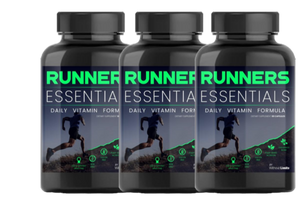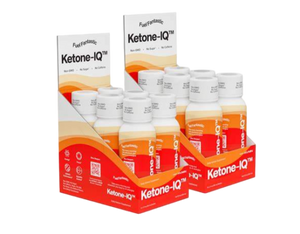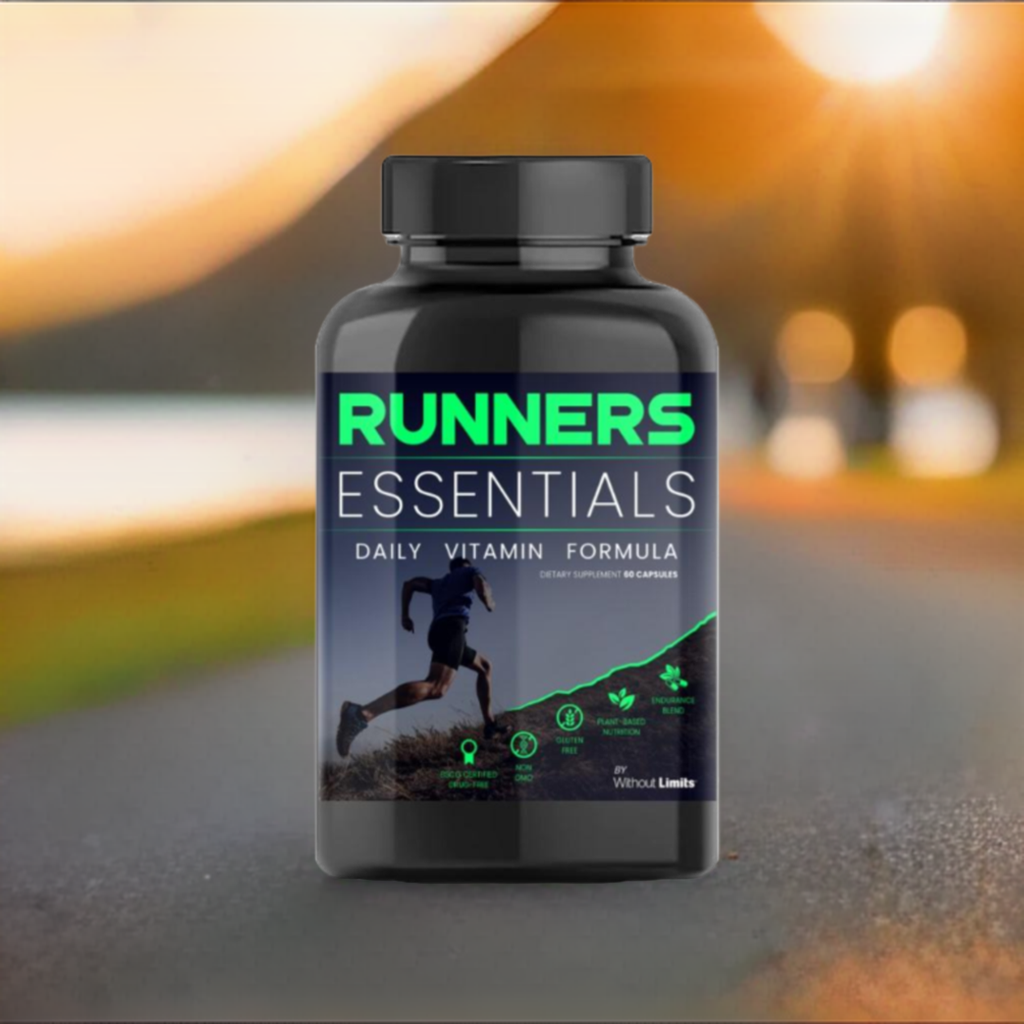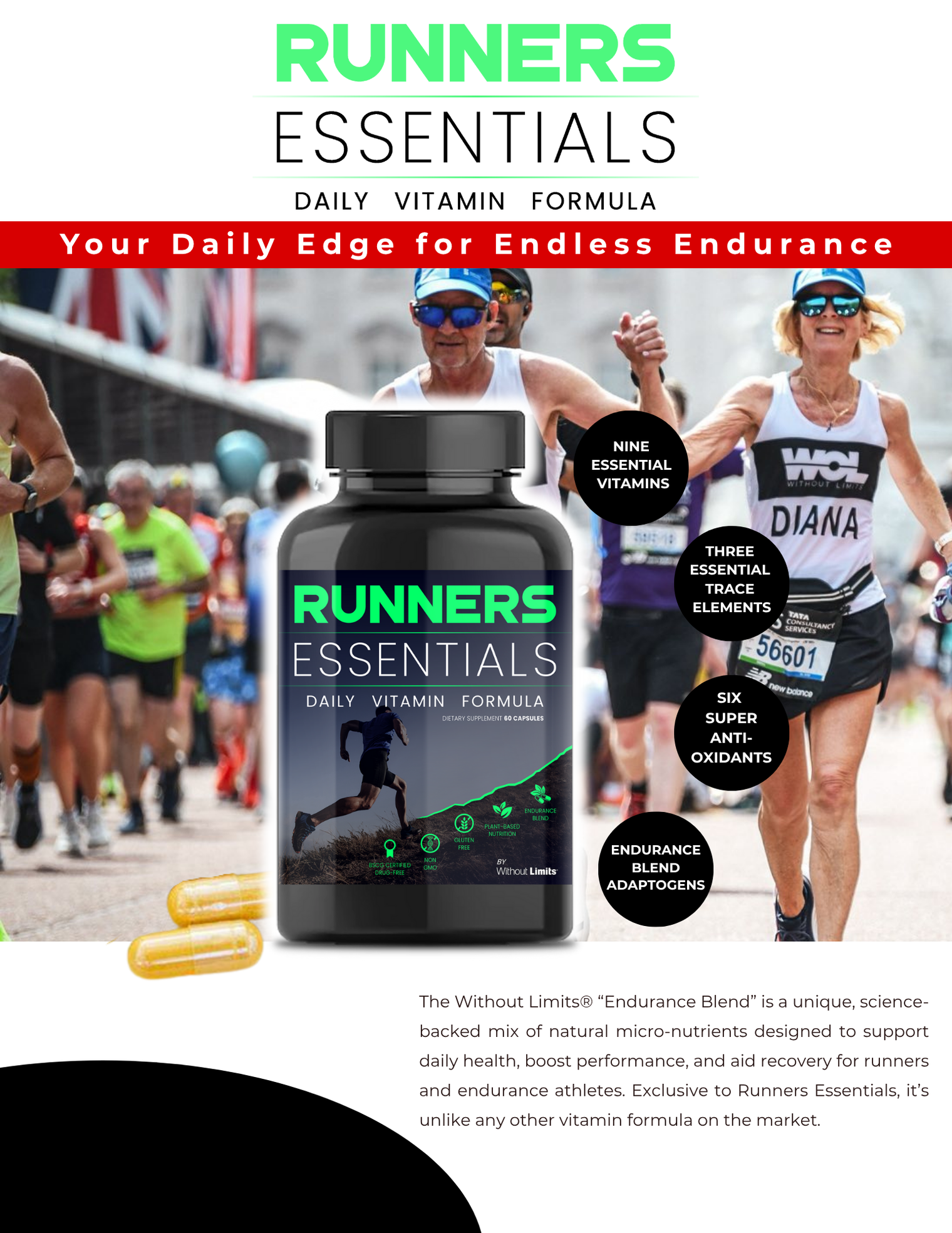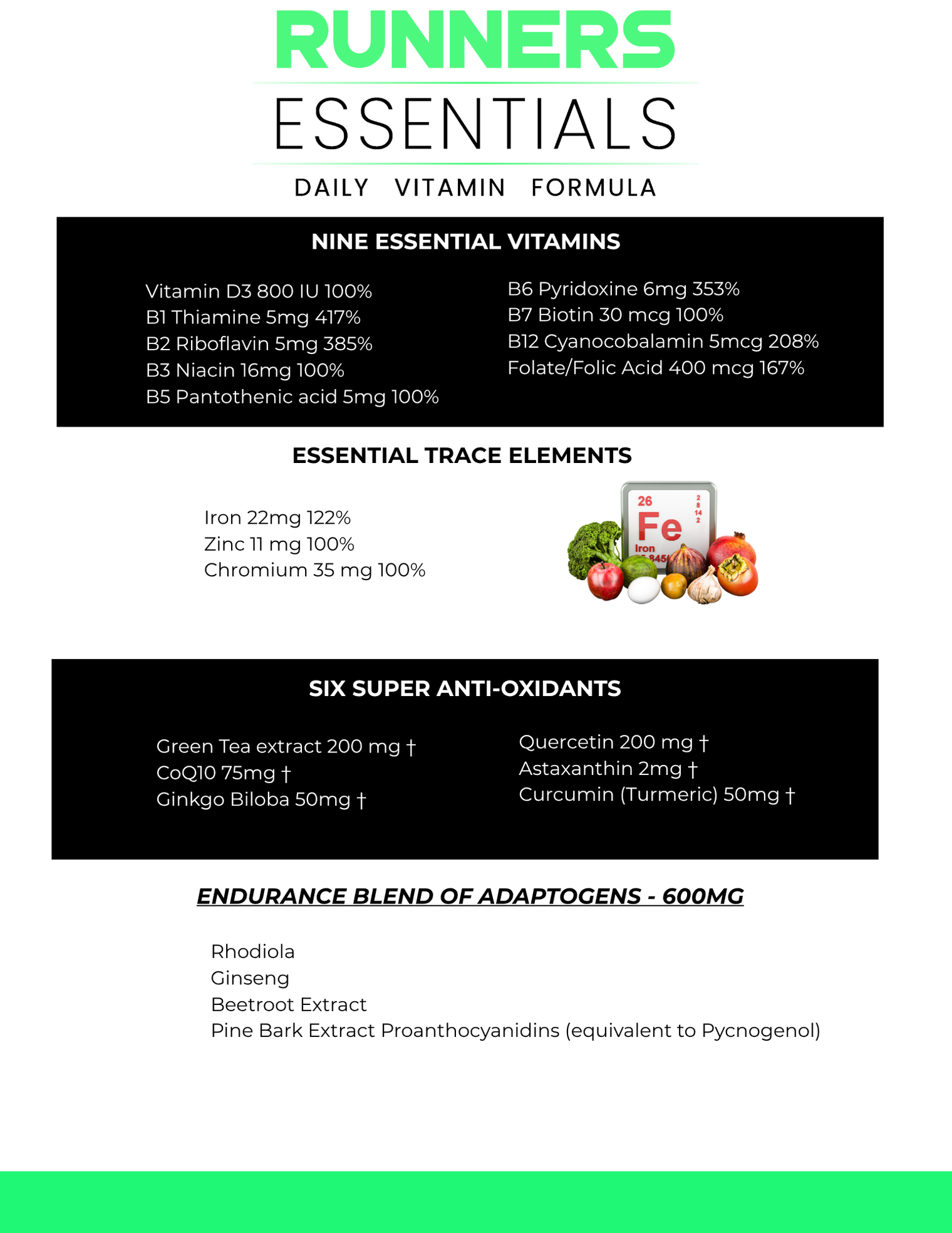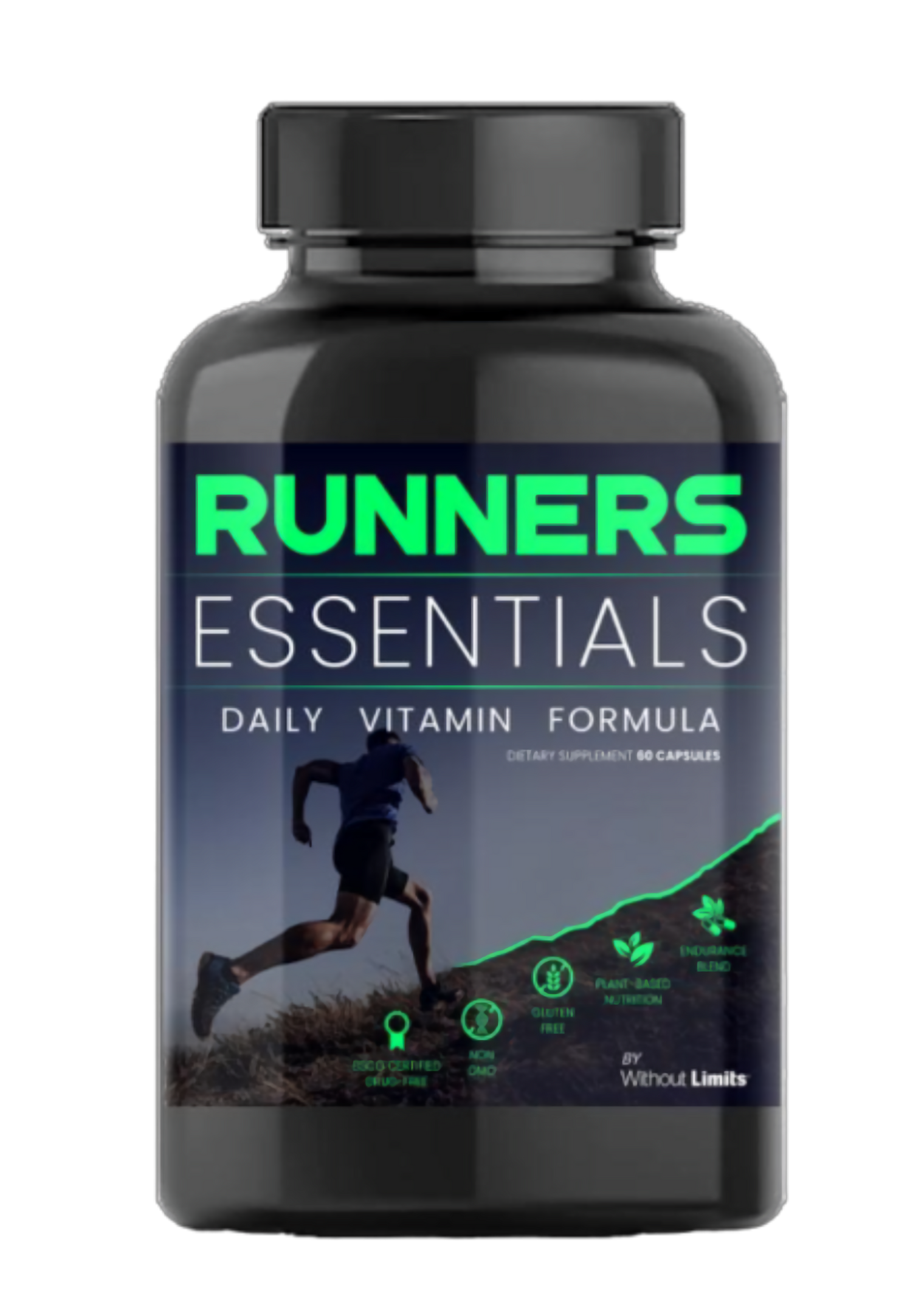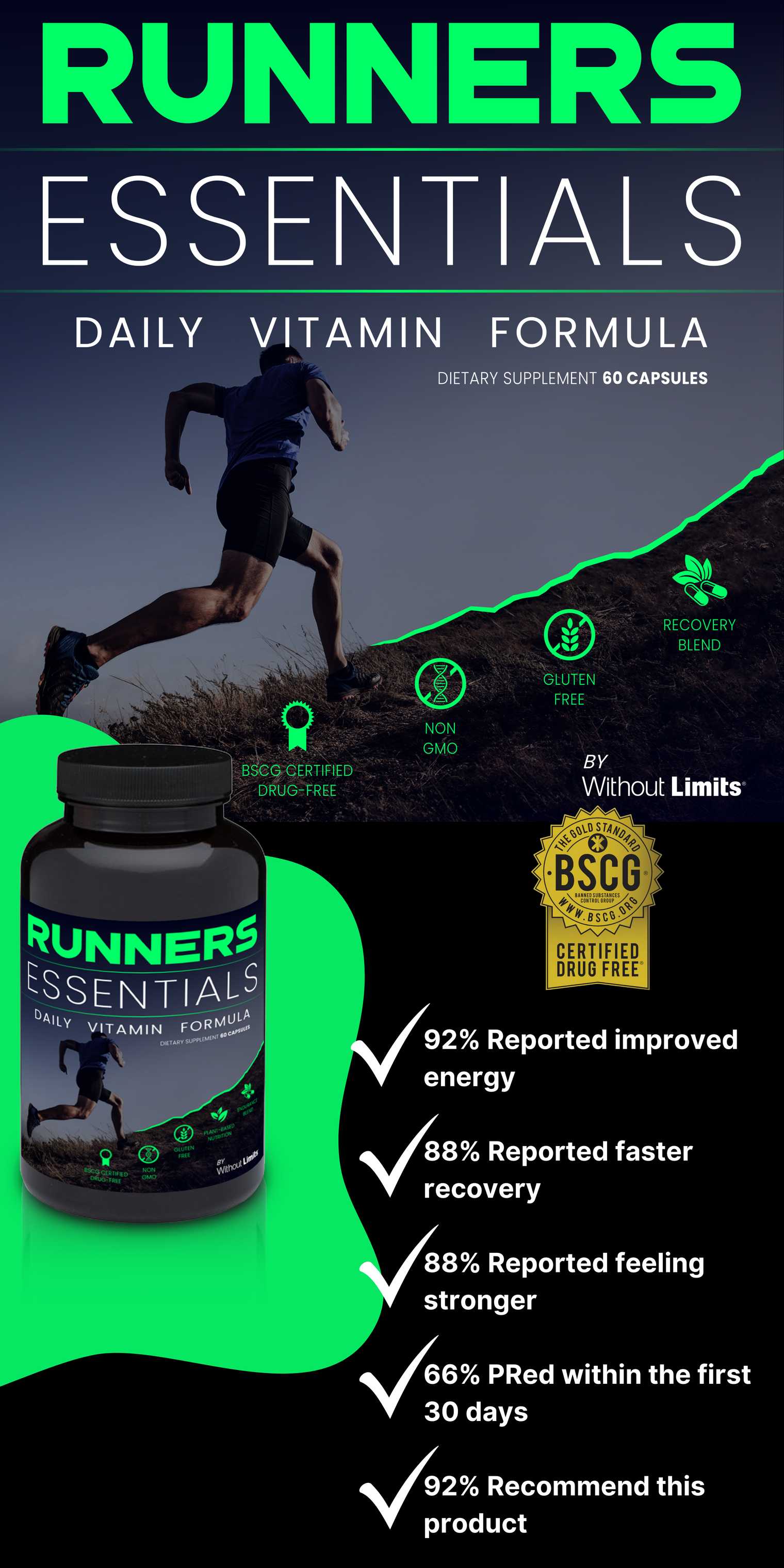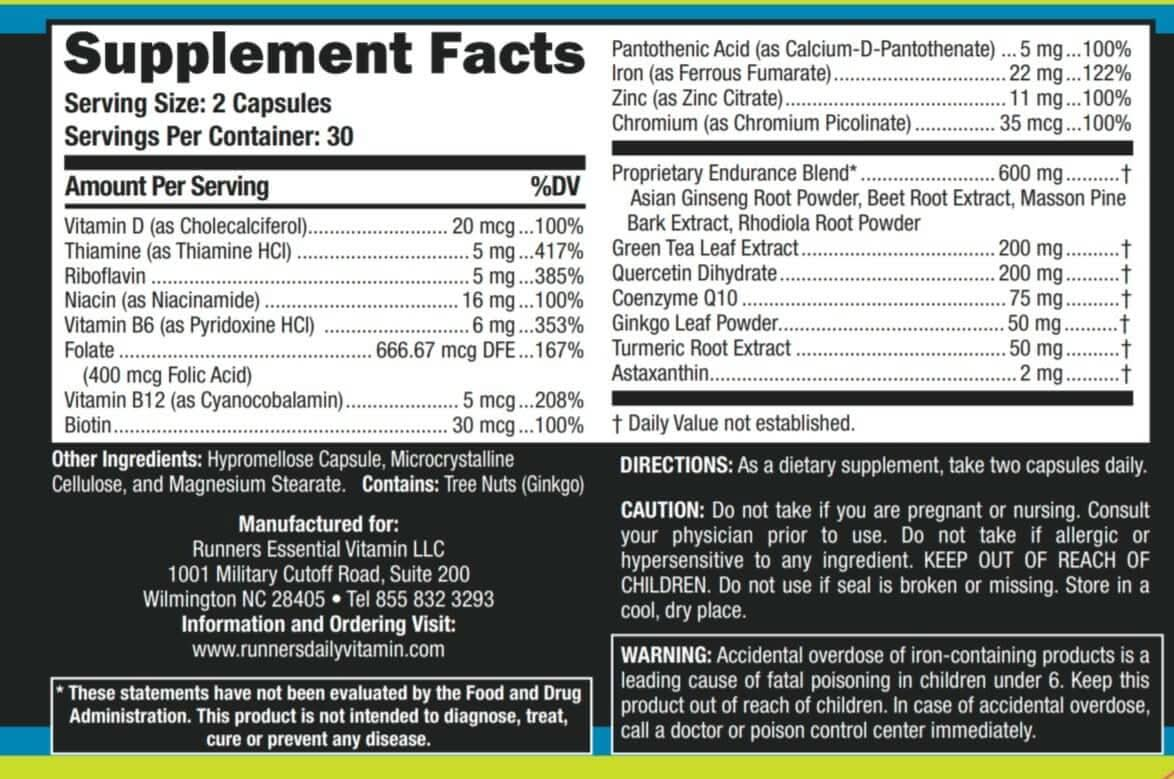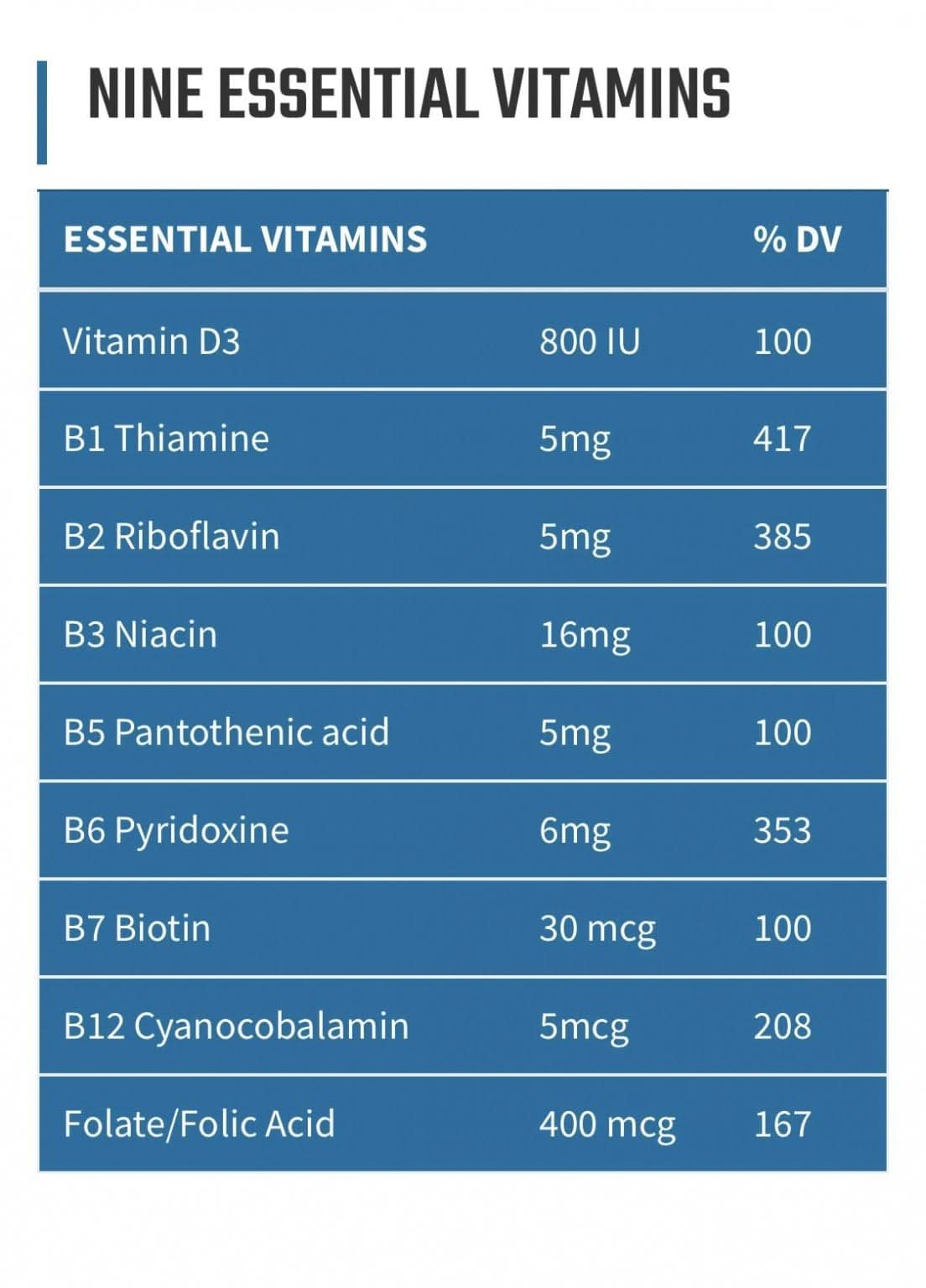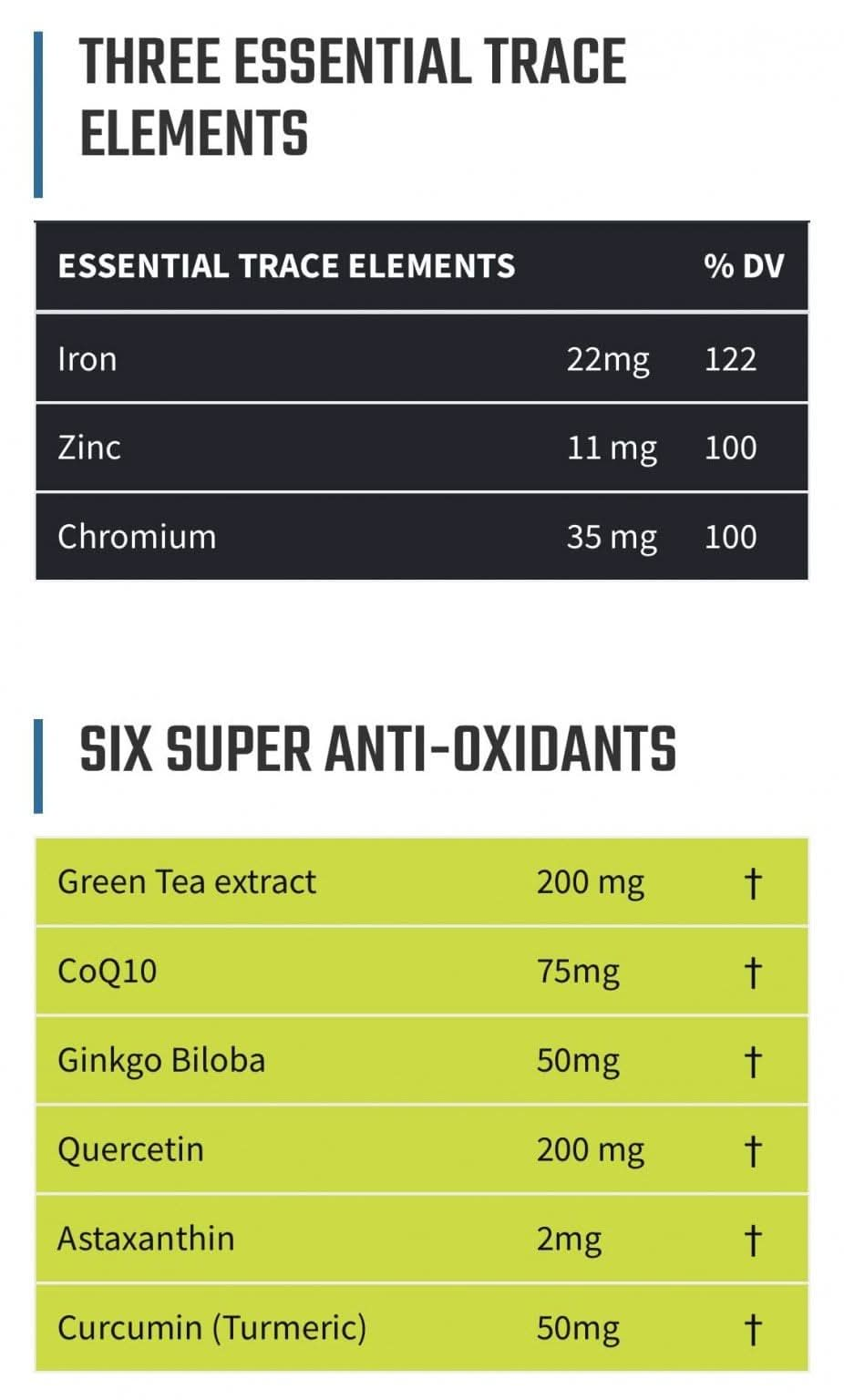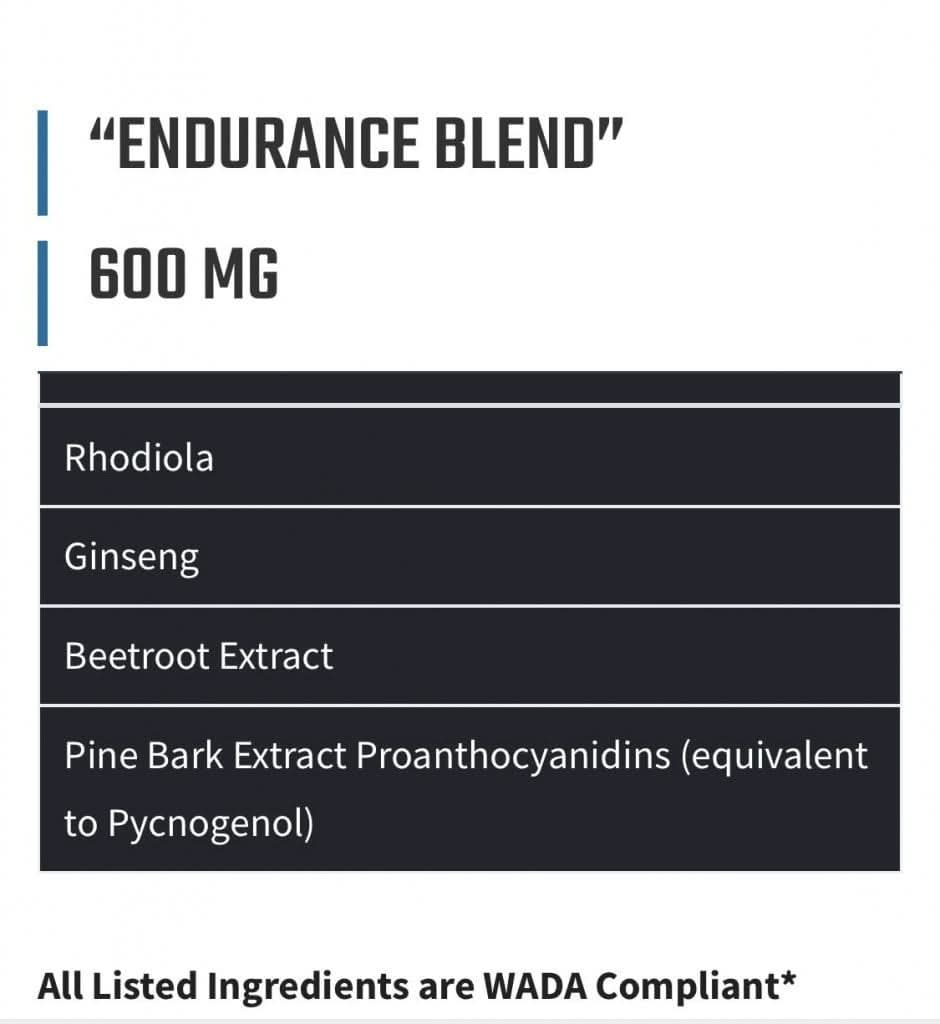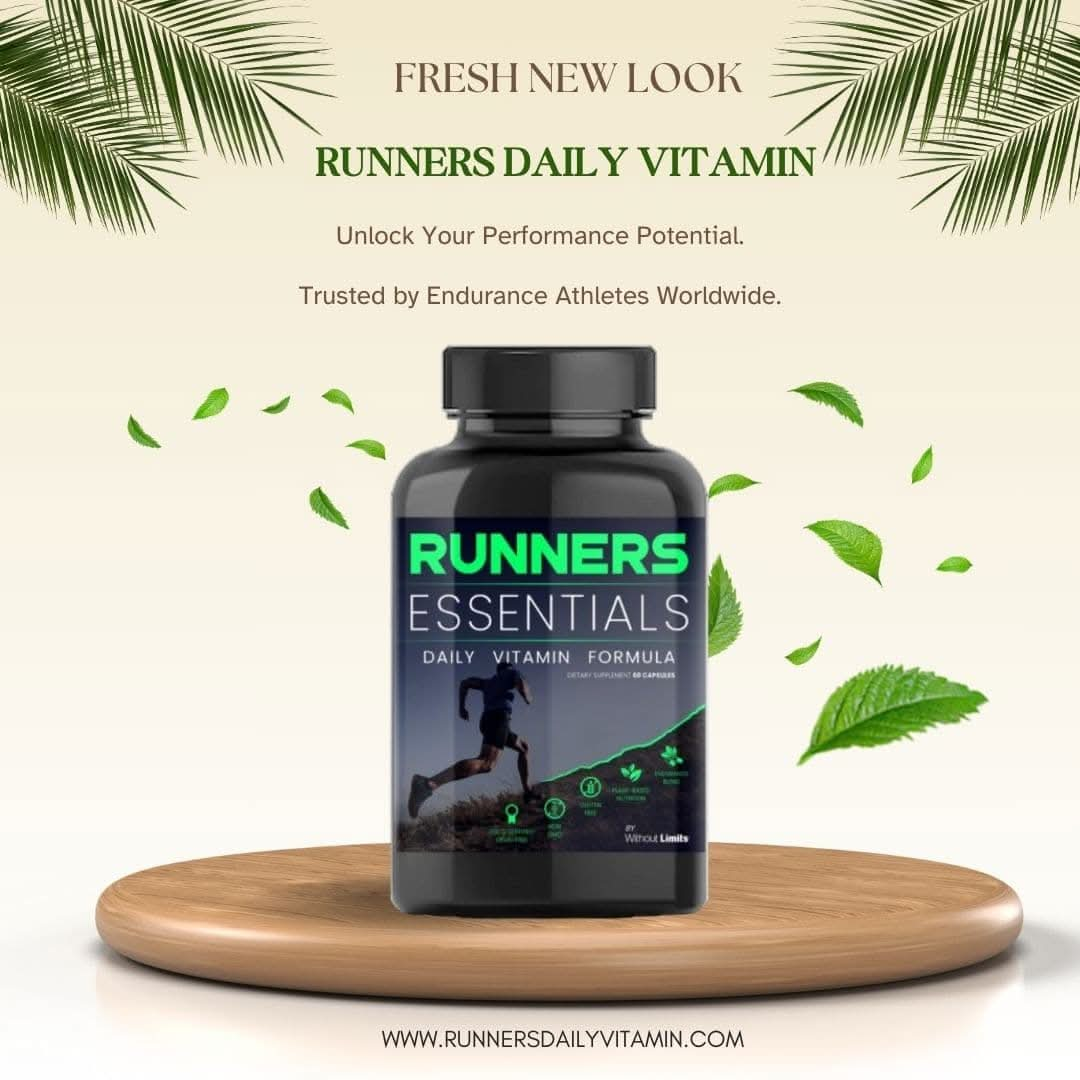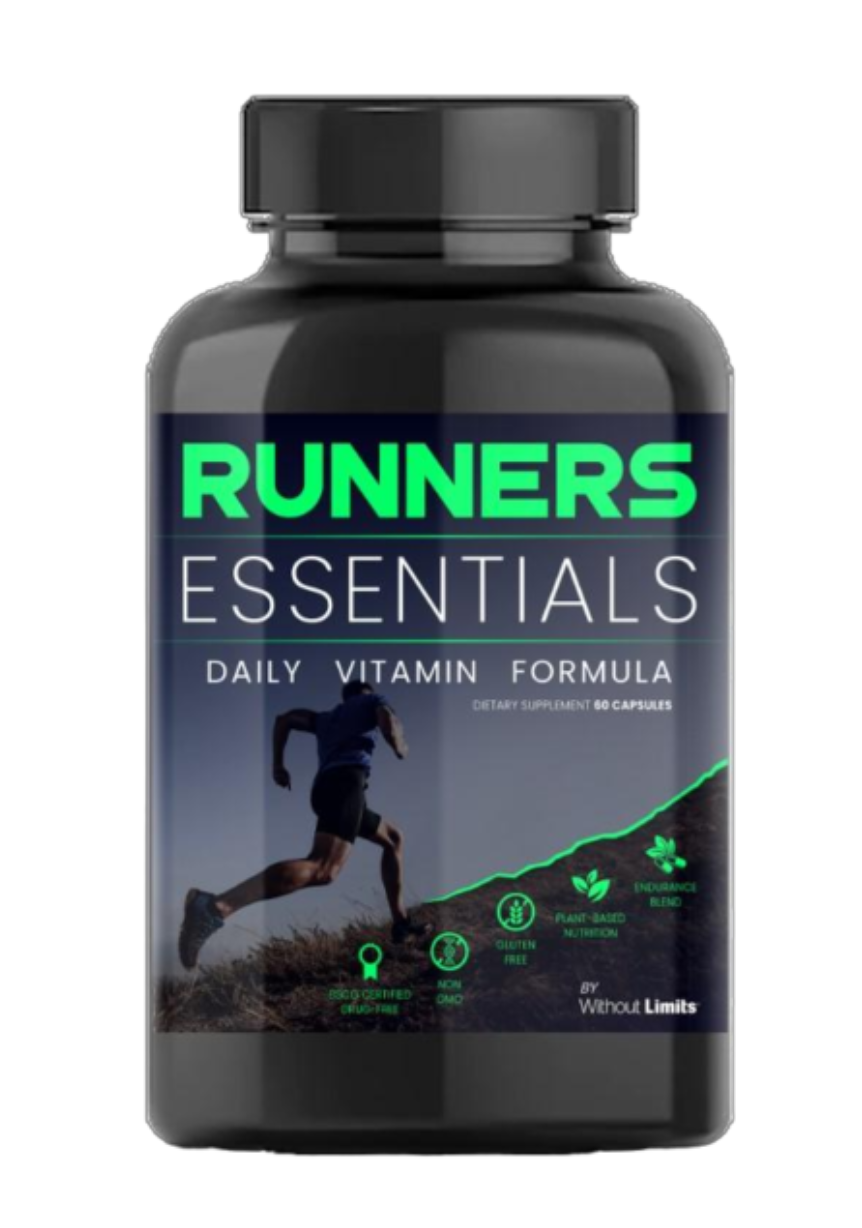STUDY | FROM THE JOURNAL OF THE INTERNATIONAL SOCIETY OF SPORTS NUTRITION:
“Effects of Acute and 14-day Coenzyme Q10 Supplementation on Exercise Performance in Both Trained and Untrained Individuals”
PURPOSE
To determine whether acute (single dose) and/or chronic (14-days) supplementation of CoQ10 will improve anaerobic and/or aerobic exercise performance by increasing plasma and muscle CoQ10 concentrations within trained and untrained individuals.
METHODS
Twenty-two aerobically trained and nineteen untrained male and female subjects (26.1 +/- 7.6 yrs, 172 +/- 8.7 cm, 73.5 +/- 17 kg, and 21.2 +/- 7.0%) were randomized to ingest in a double-blind manner either 100 mg of a dextrose placebo (CON) or a fast-melt CoQ10 supplement (CoQ10) twice a day for 14-days. On the first day of supplementation, subjects donated fasting blood samples and a muscle biopsy. Subjects were then given 200 mg of the placebo or the CoQ10 supplement. Sixty minutes following supplement ingestion, subjects completed an isokinetic knee extension endurance test, a 30-second Wingate anaerobic capacity test, and a maximal cardiopulmonary graded exercise test interspersed with 30-minutes of recovery. Additional blood samples were taken immediately following each exercise test and a second muscle biopsy sample was taken following the final exercise test. Subjects consumed twice daily (morning and night), 100 mg of either supplement for a period of 14-days, and then returned to the lab to complete the same battery of tests. Data was analyzed using repeated measures ANOVA with an alpha of 0.05.
RESULTS
Plasma CoQ10 levels were significantly increased following 2 weeks of CoQ10 supplementation (p < 0.001); while a trend for higher muscle CoQ10 levels was observed after acute CoQ10 ingestion (p = 0.098). A trend for lower serum superoxide dismutase (SOD) was observed following acute supplementation with CoQ10 (p = 0.06), whereas serum malondialdehyde (MDA) tended to be significantly higher (p < 0.05). Following acute ingestion of CoQ10, plasma CoQ10 levels were significantly correlated to muscle CoQ10 levels; maximal oxygen consumption; and treadmill time to exhaustion. A trend for increased time to exhaustion was observed following 2 weeks of CoQ10 supplementation (p = 0.06).
CONCLUSION
Acute supplementation with CoQ10 resulted in higher muscle CoQ10 concentration, lower serum SOD oxidative stress, and higher MDA levels during and following exercise. Chronic CoQ10 supplementation increased plasma CoQ10 concentrations and tended to increase time to exhaustion. Results indicate that acute and chronic supplementation of CoQ10 may affect acute and/or chronic responses to various types of exercise.
——
RUNNERS ESSENTIALS DAILY VITAMIN FORMULA contains 75 mg of the daily recommended 30-200 mg of CoQ10 (Coenzyme Q10) – Read the Ingredients ->
Find similar articles:
benefits of coq10 coq10 coq10 on exercise performance higher muscle concentration running nutritionMore stories
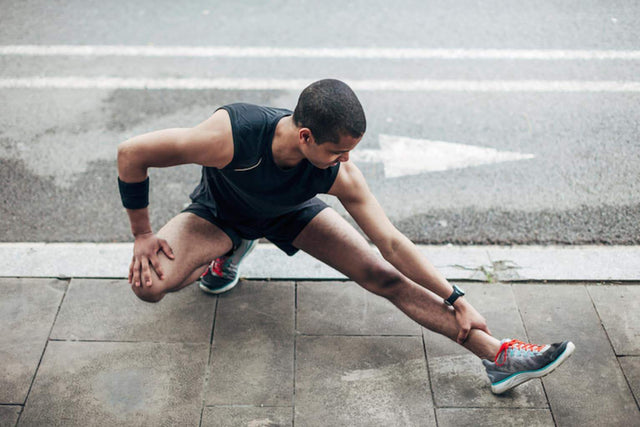
Study Shows This Type Of Exercise Is The Best For Your Brain
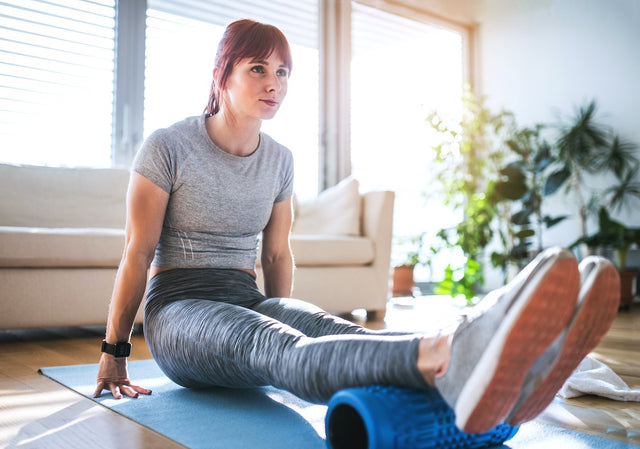
Foam Rolling’s Secret Perk? Doing It *BEFORE* A Workout Makes Your Muscles Even More Effective
Set It and Forget It! Up to 35% OFF Single Bottle Price with a Subscription + Free Shipping.
A fusion of science, athletics, and nutrition that maintains an unwavering commitment to quality, content, and purpose. Our daily proprietary formula blends essential vitamins, potent antioxidants, and energy-boosting adaptogens.
Physician, Elite Athlete and Nutritionist formulated and grounded in real science.
- Manufactured in the USA in a GMP and NSF Certified Facility
- Non-GMO, Gluten Free, BSCG Certified Drug Free
- 22 All-Natural Ingredients with 12 Essential Vitamins and Minerals
- 6 Super Antioxidants and 4 Phytonutrients
- Physician, Elite Athlete and Nutritionist Formulated
